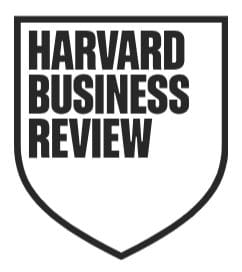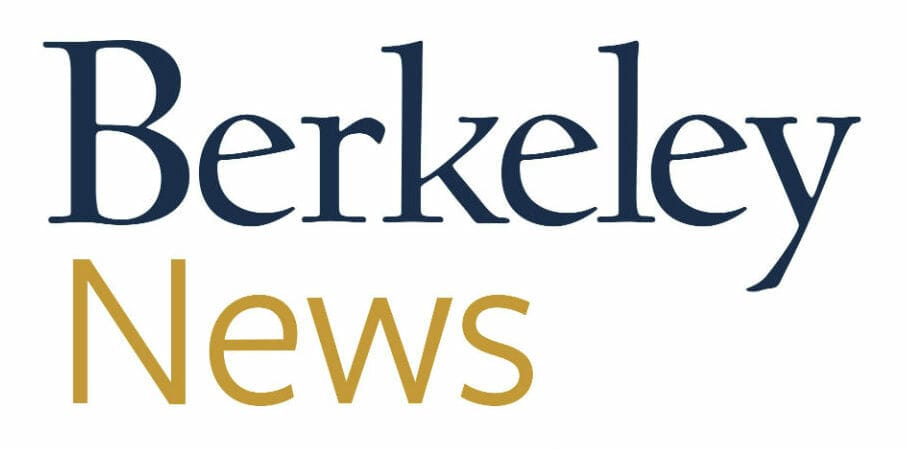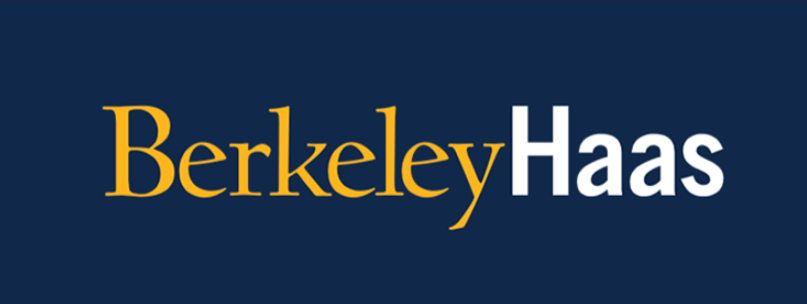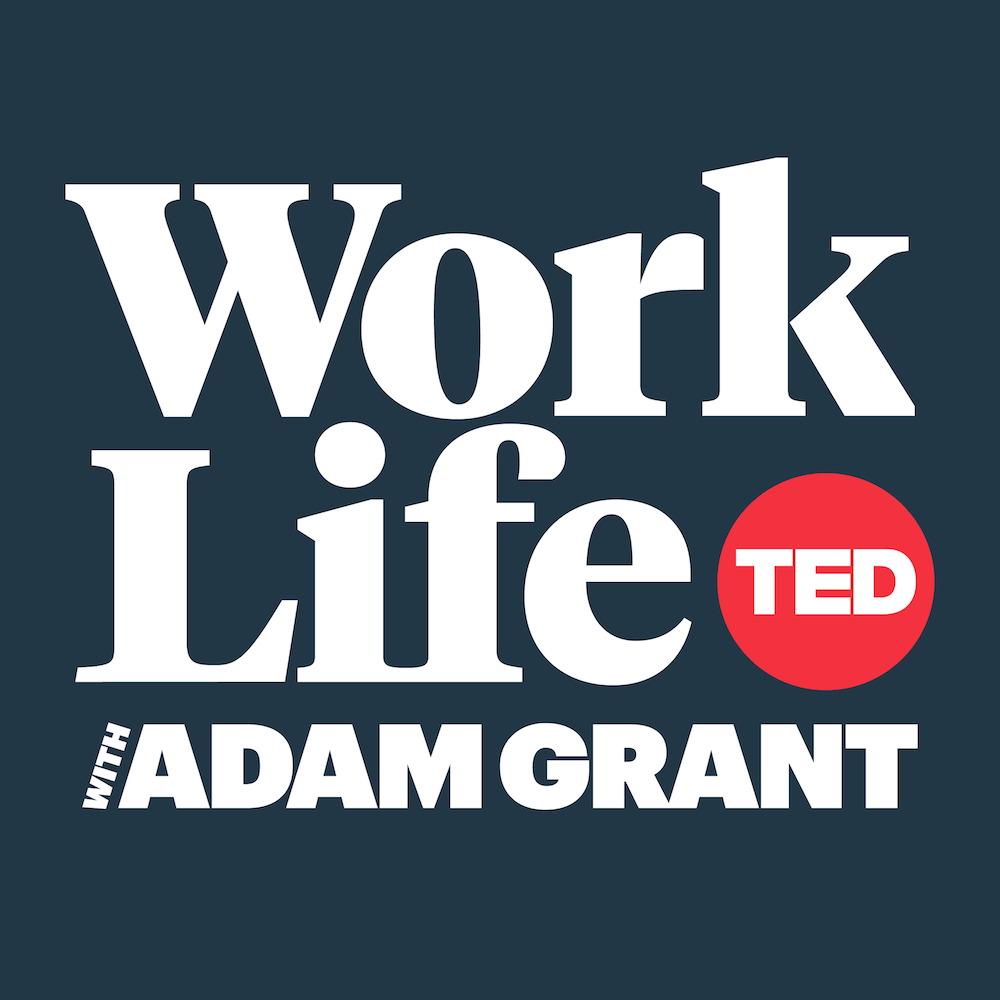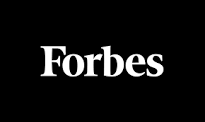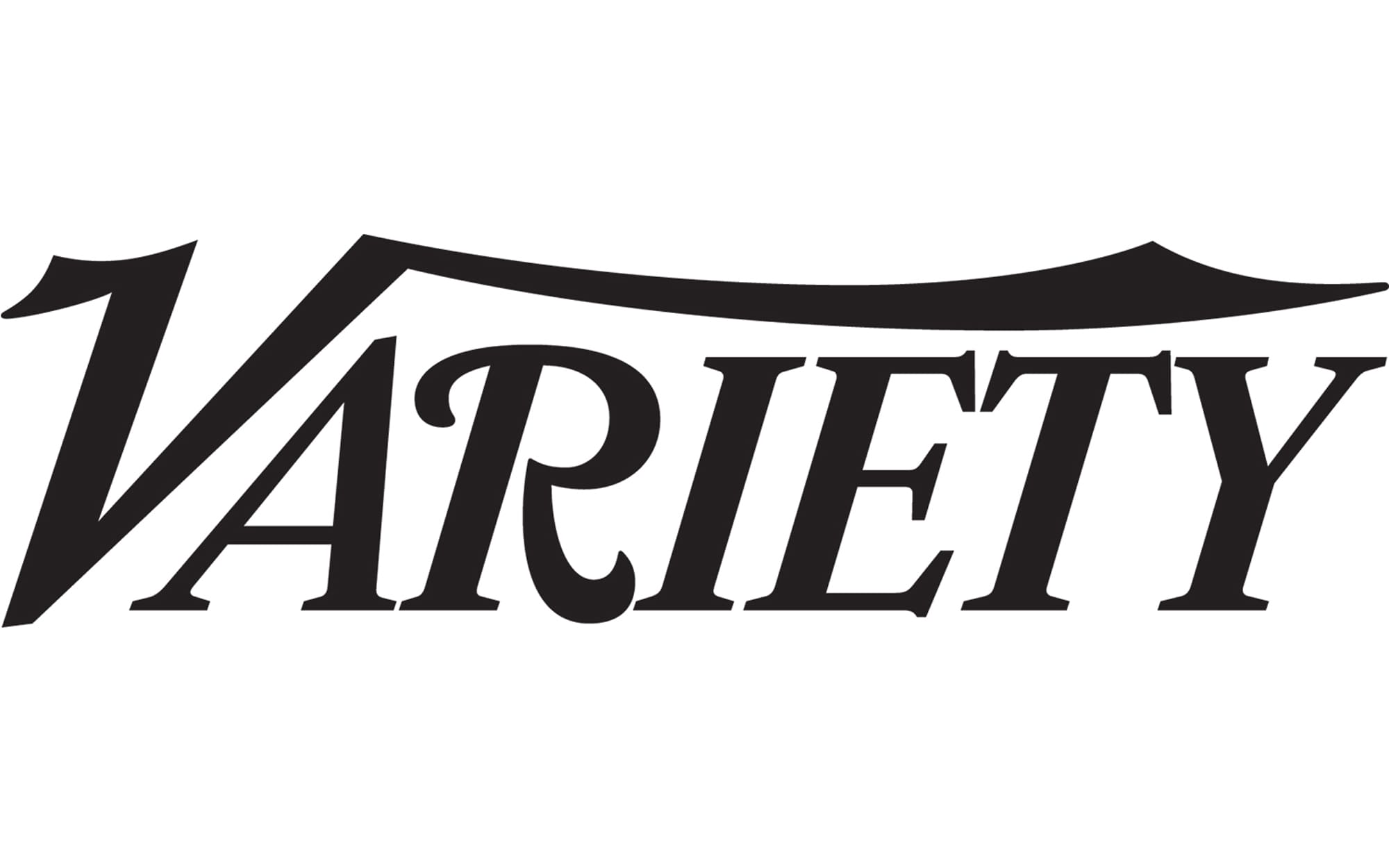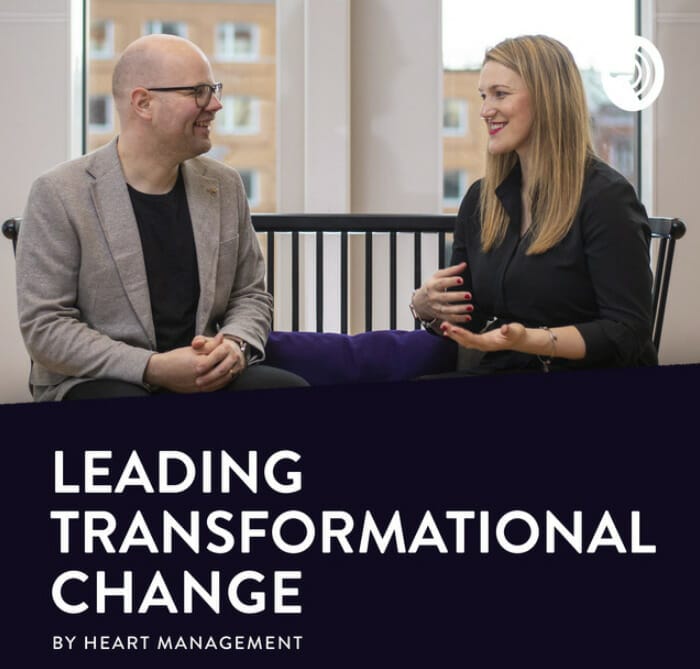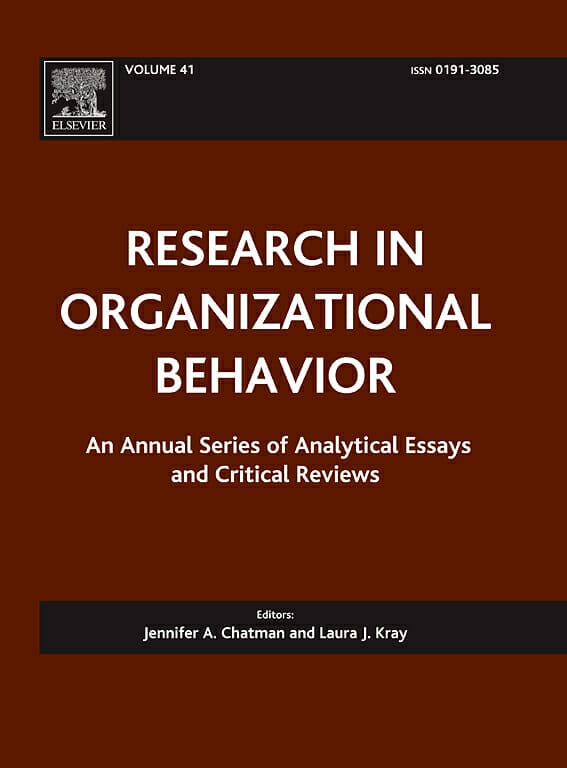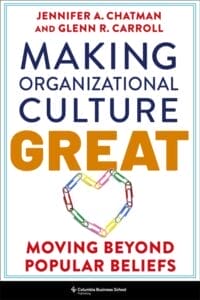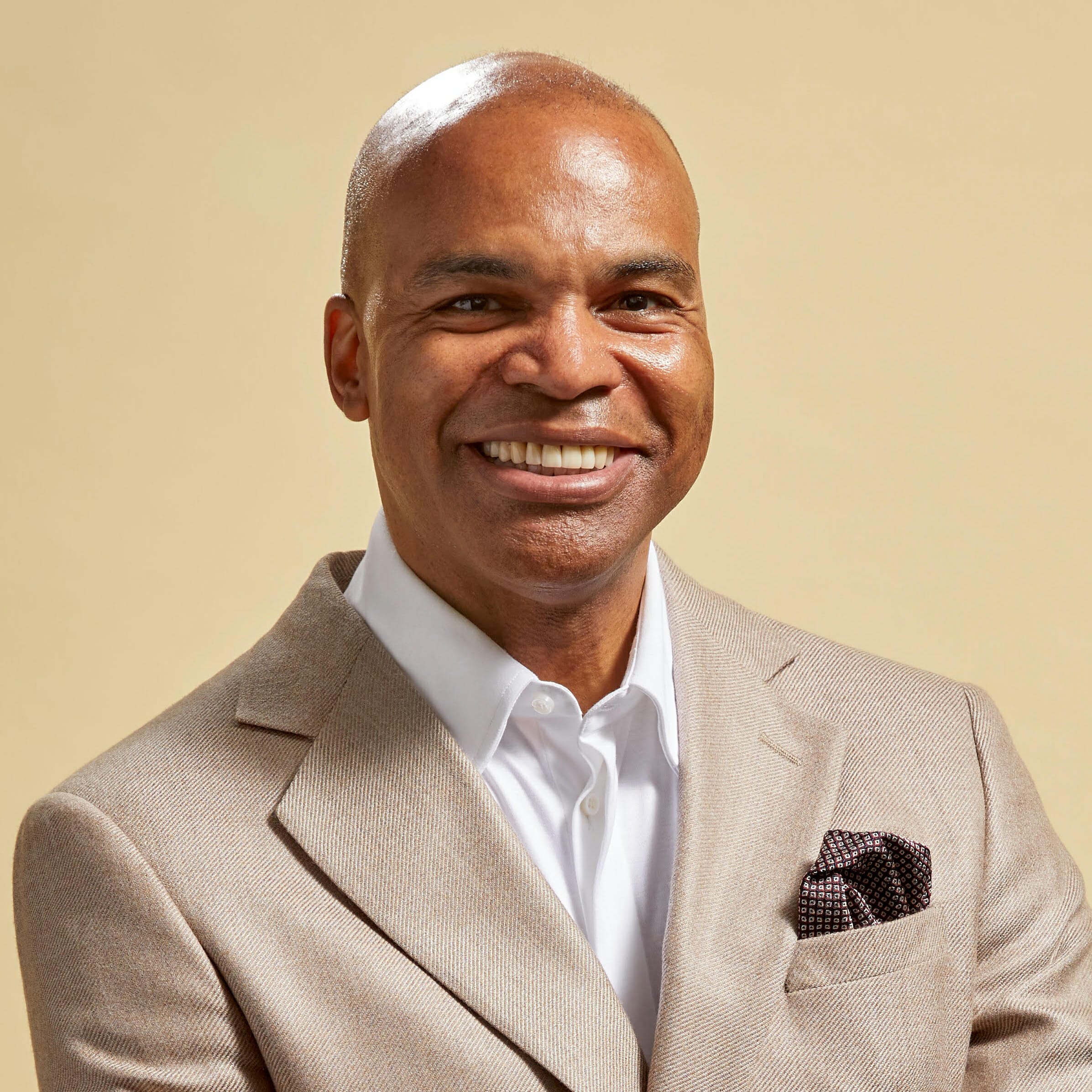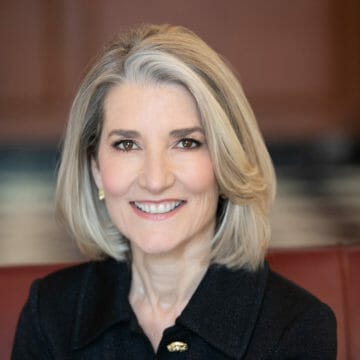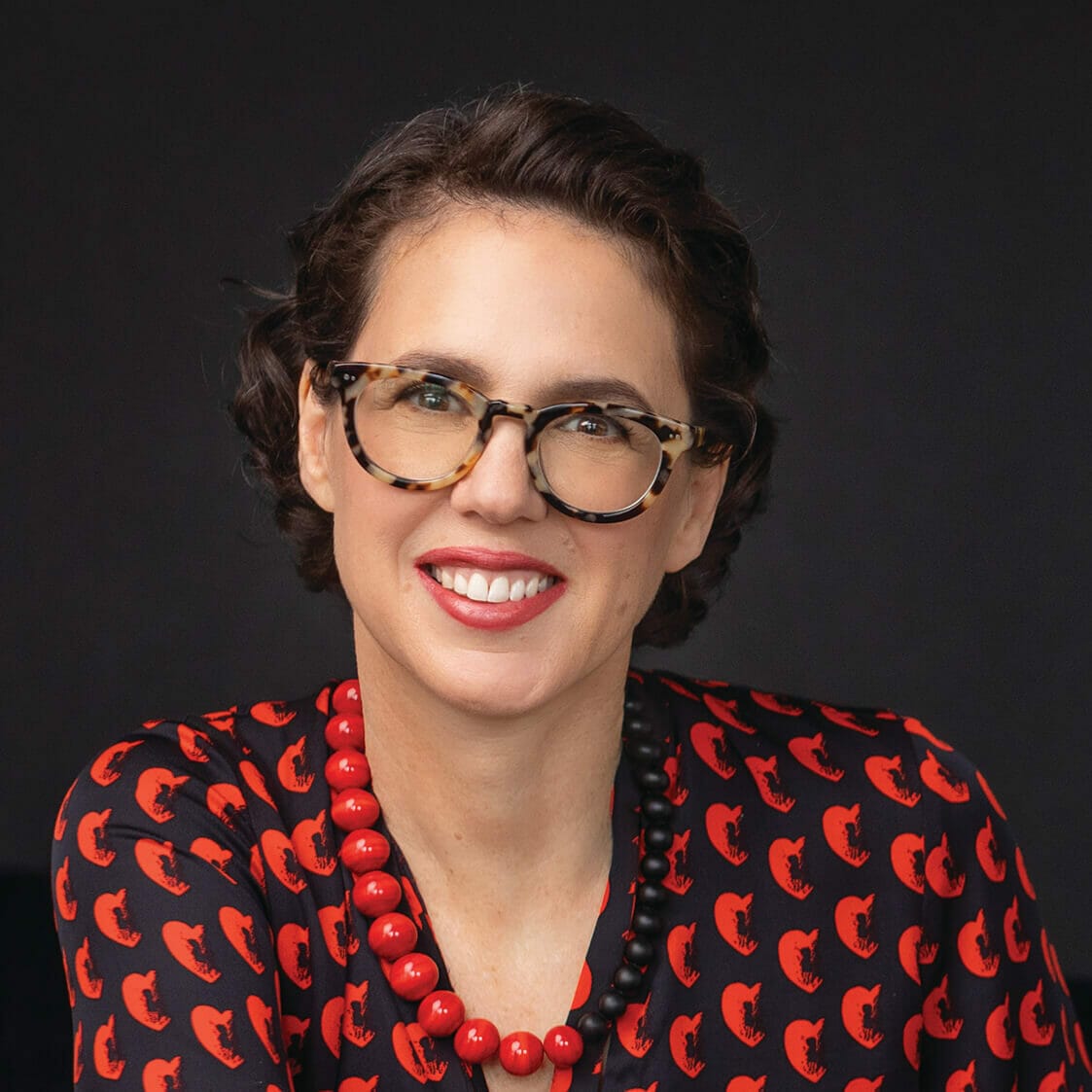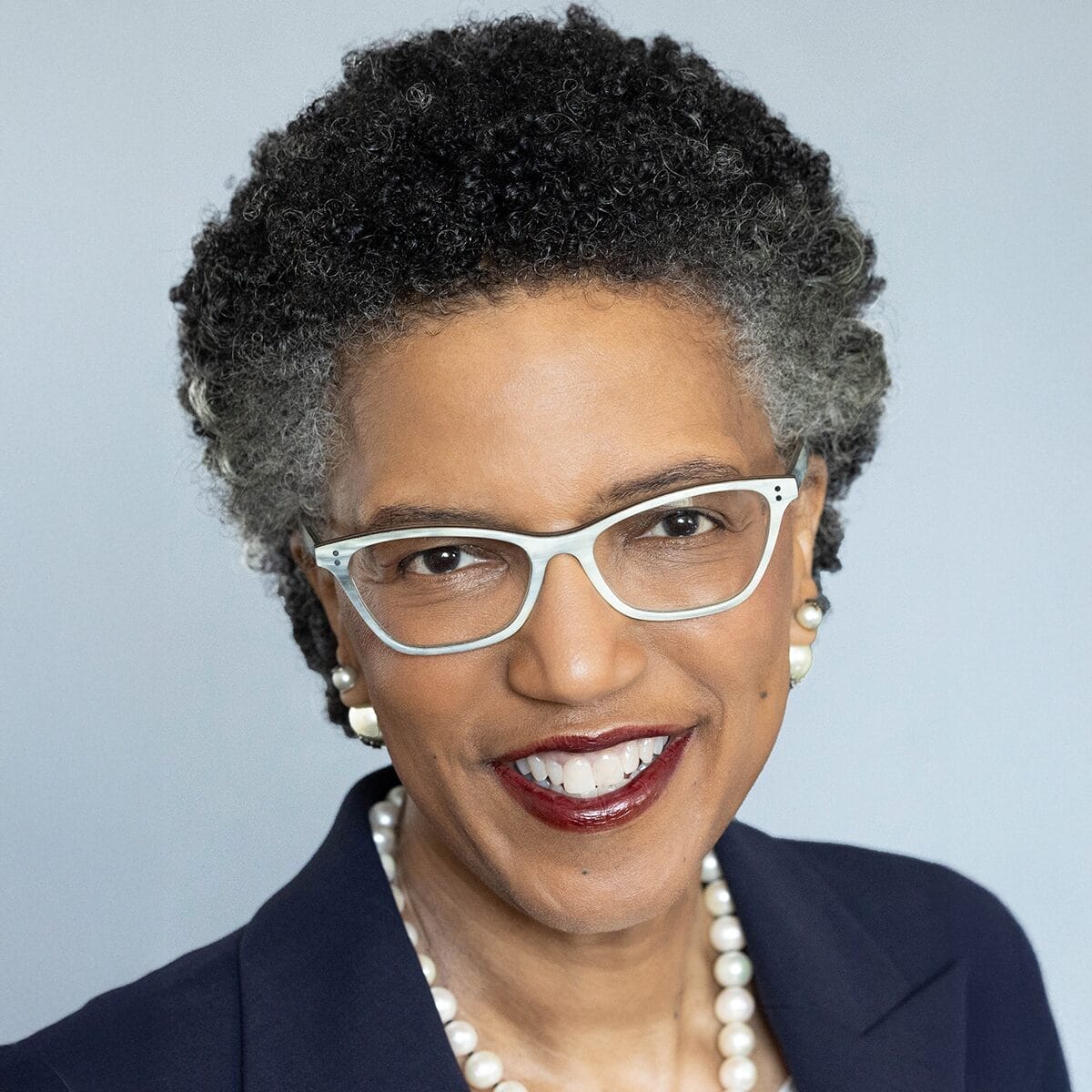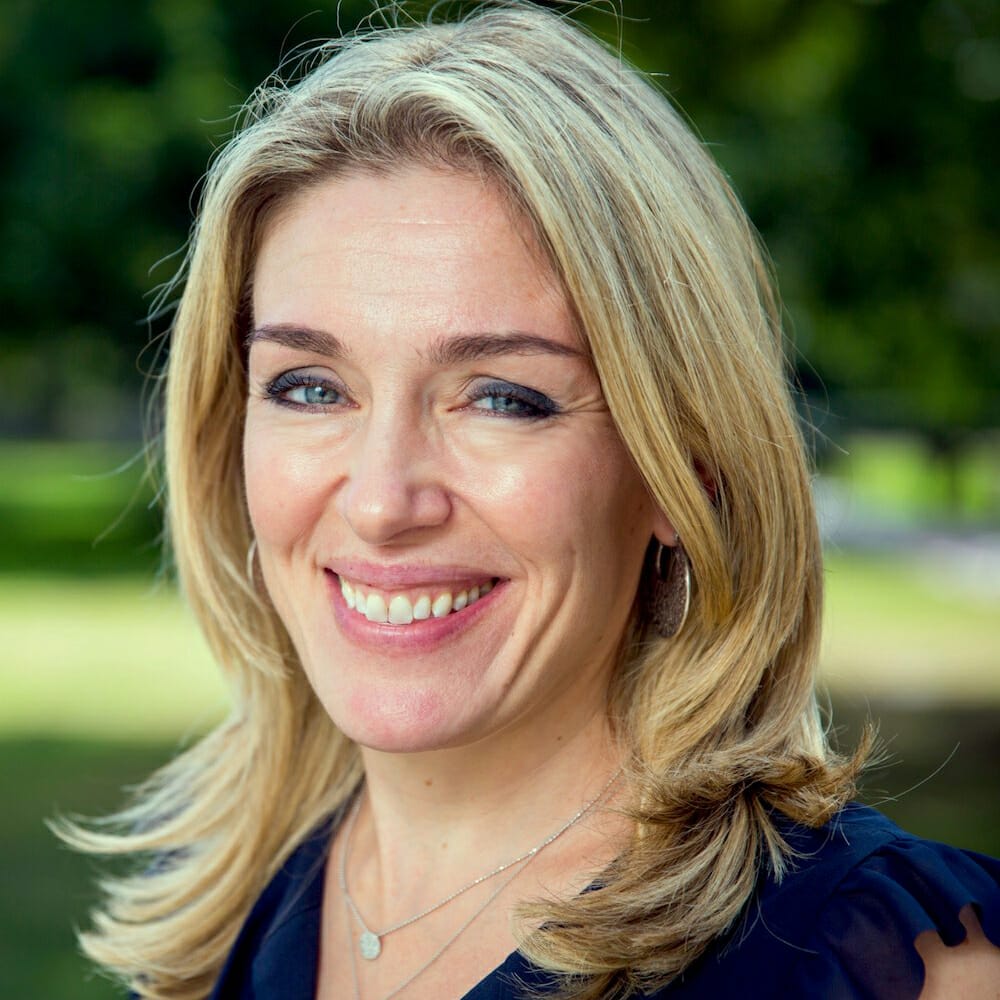Videos
Learn More About Jennifer A. Chatman
Whether a company’s employees work in the office full time, are hybrid, are strictly WFH – or some combination of the three – how do leaders create and maintain a work atmosphere that is complementary to overall corporate strategy and strategic change?
“Building a company culture that aligns well with your corporate strategy is an indispensable element of fulfilling your objectives,” says Jennifer A. Chatman, Ph.D, dean of the University of California, Berkeley’s Haas School of Business. “If your culture doesn’t support your strategy, achieving your strategic aspirations may be elusive.”
The world’s top authority on corporate culture and co-developer of the Organizational Culture Profile (OCP), Chatman has been a key voice in outlining what defines an organization’s culture and how to create one that is high performing. A valued advisor to organizations as varied as Genentech, Goldman Sachs, Mars Inc., Sony and the U.S. Treasury, she teaches leaders how to measure and assess the gaps between their organization’s current and strategically needed culture.
Winner of the Academy of Management’s Organizational Behavior Division lifetime achievement award for “research on culture that has changed the field of organizational behavior,” her work has shown that organizations that emphasize adaptability first perform better on bottom line financials, showing how essential culture is to success. But, she says, leaders must first understand what corporate culture is and the impact it has on an organization.
“Companies would be well served by thinking systematically about culture alongside of this future of work question because whatever approach its leaders identify is going to require a complementary cultural approach,” says Chatman. “If the two are aligned, then the culture will be bolstered and serve as a tool for innovation and high performance.”
How Organizational Culture Really Works
While organizational culture can feel like a puzzle to many leaders, this discomfort is natural because many managers receive little or no training in how to think about or manage culture in the same ways they do for concrete tasks like reporting financial outcomes.
In her highly anticipated new book, “How Organizational Culture Really Works: Facts About the Most Misunderstood Leadership Challenge,” Chatman demystifies organizational culture to bring leaders a deeper understanding of the behavioral realities. She further demonstrates how to prioritize what truly matters and equips leaders and managers with frameworks and actionable strategies to shape a strong, adaptive culture aligned with their strategic goals.
Chatman’s three-part framework helps leaders better understand the finer details of their company’s current culture. By offering a set of key levers for change – among them, the signals leaders send to employees and how people are recruited and brought into an organization – as well as the OCP assessment and framework, she helps leaders increase the probability that new business strategy initiatives will succeed.
“Very quickly, my research helped me understand how and why a company’s culture is incredibly important,” she recounts. “The context of that culture really influences how inspired people are about working in a particular place and how well they understand the strategic priorities. It’s just as important for leaders to be clear about what the collective goals are for the organization.”
The influence of leaders on culture can’t be understated, Chatman emphasizes. Her engaging keynotes illustrate how leaders have a stronger impact on corporate culture than they may even realize – for good and for bad.
How AI Can Have a Positive Effect on Your Organizational Culture
The quick rise of AI tools in the workplace has caused some leaders to want to embrace AI, but they don’t want their workforce to view the technology as a threat to employment. Chatman, who leads the annual Berkeley Culture Conference, helps organizations think through the opportune areas where AI can help their individual needs and create efficient financial savings. Drawing from insights into AI’s applications within HR at organizations across industries, Chatman illustrates AI’s potential to streamline operations while maintaining a personalized touch.
“For example, IBM’s most efficient financial savings use for AI is the ability for AI to write confirmations of employment,” explains Chatman. “These reports need the IBM seal and it’s a pretty routine task, but it needs to be customized for the individual. People can use AI to make that happen. Now that people view that as a positive use case, they’re more open to thinking about other ways of bringing AI into the organization.”
Chatman’s approach helps leaders see AI as an opportunity to reinforce their company’s values and mission, rather than as a disruptor. Her roadmap ultimately helps leaders align AI integration with cultural values, fostering an environment where technology and humanity coexist to drive innovation and efficiency.
###
Jennifer A. Chatman, Ph.D. is the Paul J. Cortese Distinguished Professor of Management and dean of the Haas School of Business at the University of California, Berkeley, the co-founder and co-director of the Berkeley Haas Culture Initiative and the editor-in-chief of the premier research series, Research in Organizational Behavior. Her research and expertise have led to advisory work with a variety of organizations including Google, Goldman Sachs, Mars Inc., Sony, the U.S. Treasury and many more across public and private industries.
Chatman’s research has appeared in numerous academic journals as well as being highlighted in national and international publications such as The New York Times, Forbes, The Wall Street Journal and more. She’s also appeared on numerous podcasts and TV and radio programs.
Chatman has won a variety of research and teaching awards including the Academy of Management’s Organizational Behavior Division lifetime achievement award, Haas’s Cheit Award for Excellence in Teaching and the Academy of Management’s Outstanding Dissertation Award. She was honored as the Ascendant Scholar by the Western Academy of Management, and she received Best Paper of the Year honors from California Management Review twice (2006 and 2021). She is a member of the American Psychological Association and the American Psychological Society, and is a fellow of the Academy of Management. Chatman also co-designs and co-hosts the Berkeley Culture Initiative’s Berkeley Culture Conference each January.
Jennifer A. Chatman is available to advise your organization via virtual and in-person consulting meetings, interactive workshops and customized keynotes through the exclusive representation of Stern Speakers & Advisors, a division of Stern Strategy Group®.
Demystifying Organizational Culture: Beyond Myths to Strategic Leadership
Organizational culture can feel like a puzzle to many leaders, making even the smartest and most experienced managers feel mystified, uneasy or skeptical. As Jennifer Chatman, dean of the U.C. Berkeley Haas School of Business and renowned social psychologist, notes in her upcoming book, “How Organizational Culture Really Works: Facts About the Most Misunderstood Leadership Challenge,” this discomfort is natural because many managers receive little or no training in how to think about or manage culture in the same ways they do for concrete tasks like reporting financial outcomes. Drawing from decades of extensive research, Chatman debunks common misconceptions, such as the idea that culture is too soft to impact the bottom line or that it’s a static force resistant to change. Gifted at relating to organizations across industries, Chatman brings leaders a deeper understanding of the behavioral realities of culture, demonstrates how to prioritize what truly matters, and equips them with actionable strategies to shape a strong, adaptive culture aligned with their strategic goals. Ultimately, Chatman transforms the abstract concept of culture into a tangible lever for driving organizational success and innovation.
Aligning Your Company’s Future of Work with Culture and Strategy
There are huge question marks around the future of work that are directly tied to organizational culture. Global challenges coupled with emerging technologies have left leaders wondering about where to work and if and how an organization should use a version of hybrid work – and whatever approach they take will directly impact their culture. Jennifer Chatman, the world’s top authority on corporate culture, brings leaders profound insights on the necessity of a strategic cultural approach that complements the future of work. An engaging, dynamic speaker, she reveals the synergy between work locations and cultural change and shows how to leverage them so that altering one bolsters the strengths of the other, instead of sapping it. Leaders will gain the tools to craft a culture that thrives in hybrid and remote work landscapes, turning potential challenges into opportunities for innovation and high performance. This allows teams to preserve the essence of an organization’s unique culture while stepping confidently into tomorrow’s work environment – wherever it may be.
How AI Can Have a Positive Effect on Your Organizational Culture
The quick rise of AI tools in the workplace has led some leaders to want to embrace AI, but they don’t want their workforce to view AI as a threat to employment. Helping organizations think through the opportune areas where AI can help their individual needs is Jennifer Chatman, dean of the U.C. Berkeley Haas School of Business. She demystifies how AI can be integrated into organizations in a way that enhances culture rather than threatening it. Drawing from insights into AI’s applications within HR at IBM and other organizations, she illustrates AI’s potential to streamline operations while maintaining a personalized touch. Chatman’s approach helps leaders see AI as an opportunity to reinforce their company’s values and mission, rather than as a disruptor. Chatman’s roadmap ultimately helps leaders align AI integration with cultural values, fostering an environment where technology and humanity coexist to drive innovation and efficiency.
The Four Levers of Culture Change
Assessing the gaps between a company’s current and desired culture is only half the process of bringing culture and corporate strategy into alignment. In this informative session, dean of the U.C. Berkeley Haas School of Business Jennifer A. Chatman, Ph.D., outlines the four levers that leaders can use to initiate positive culture change. She’ll explain the significance of hiring for different kinds of cultural fit, how best to create a vivid picture of success, how to reward culture change, and the significance of leader behavior as signals for valued behavior. Touching on the importance of how leaders communicate with those in their organization and the impact of formal and informal rewards systems, audiences will gain new tools for enacting positive, strategically relevant and long-lasting culture change initiatives.
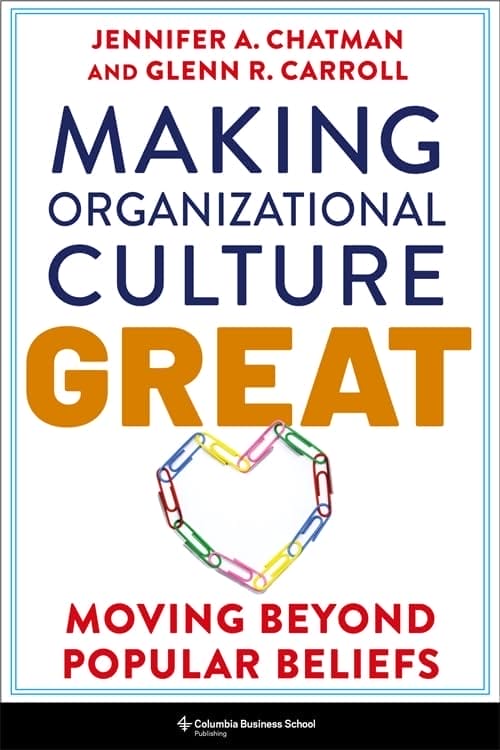
Making Organizational Culture Great: Moving Beyond Popular Beliefs
(Columbia Business School Publishing, April 2026)

Agentic but Not Warm: Age-gender Interactions and the Consequences of Stereotype Incongruity Perceptions for Middle-aged Professional Women
(Organizational Behavior and Human Decision Processes, November 2022)
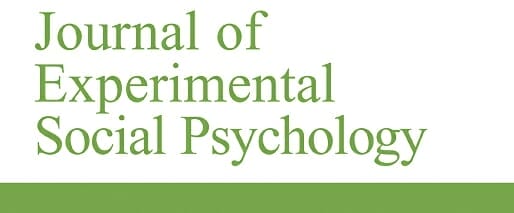
Persuading Republicans and Democrats to Comply With Mask Wearing: An Intervention Tournament
(Journal of Experimental Social Psychology, July 2022)
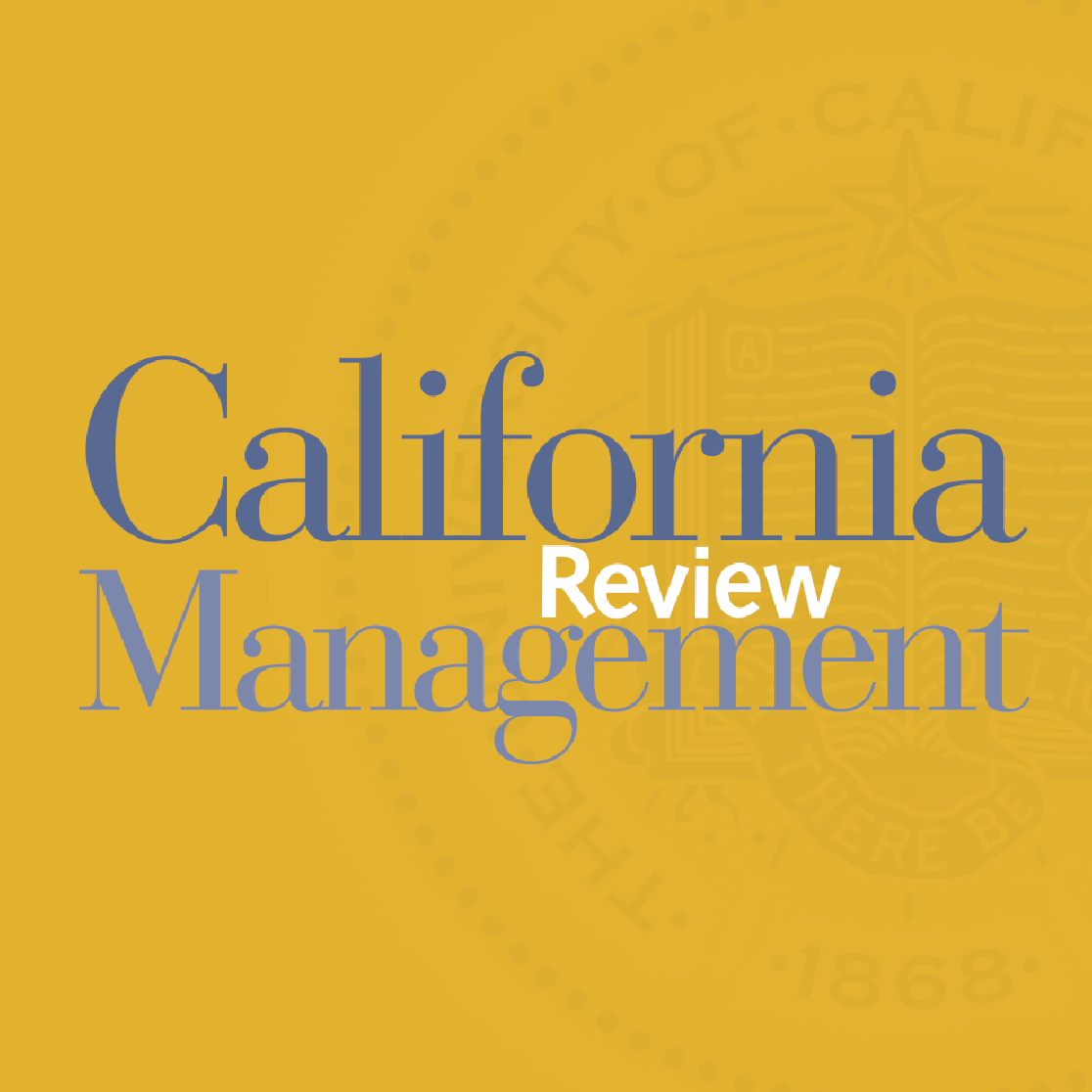
How Have Organizational Cultures Shifted During the COVID-19 Pandemic
(California Management Review, Summer 2022)

Measuring Organizational Culture: Converging On Definitions and Approaches to Advance The Paradigm
(Handbook of Research Methods for Organizational Culture, February 2022)

When “Me” Trumps “We”: Narcissistic Leaders and the Cultures They Create
(Academy of Management Discoveries, September 2021)
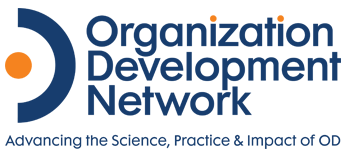
Behavioral Norms, Not Personality, is How Cultures Change
(Organization Development Review, Winter/Spring 2021)

Transformational Leader or Narcissist? How Grandiose Narcissists Can Create and Destroy Organizations and Institutions
(California Management Review, April 2020)
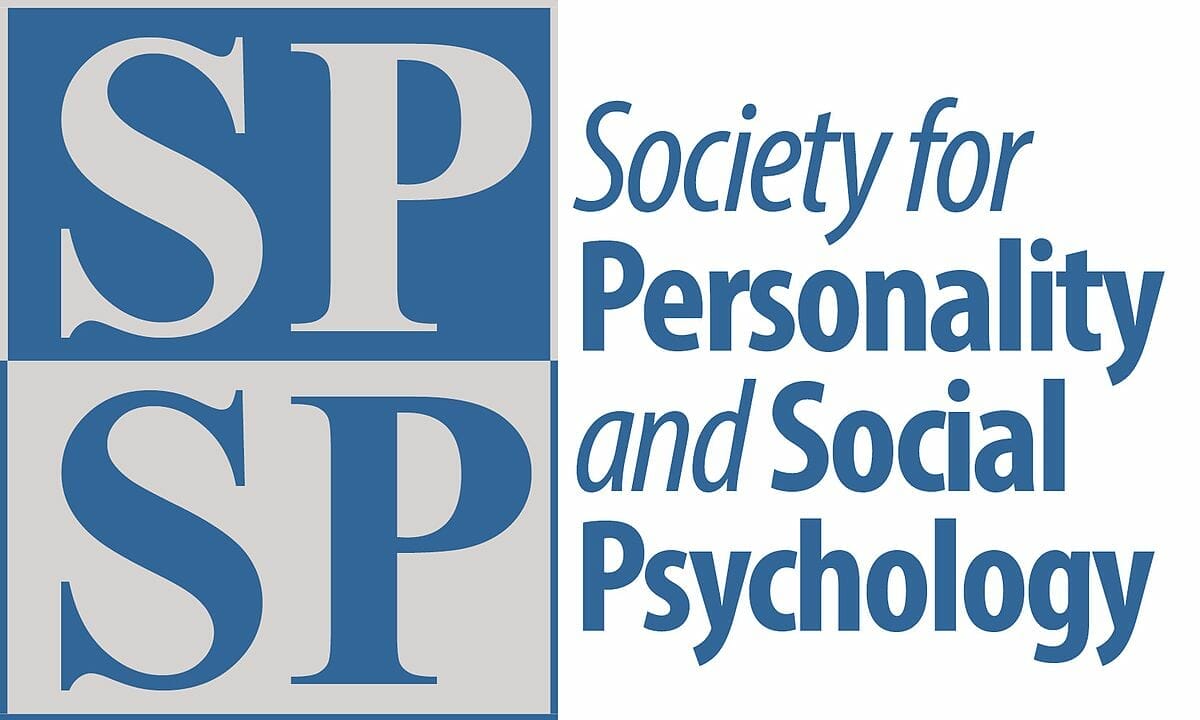
Cultures of Genius at Work: Organizational Mindsets Predict Cultural Norms, Trust, and Commitment
(Personality and Social Psychology Bulletin, September 2019)
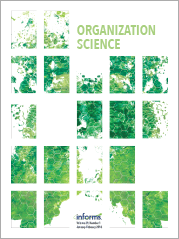
Blurred Lines: How the Collectivism Norm Operates Through Perceived Group Diversity to Boost or Harm Group Performance in Himalayan Mountain Climbing
(Organization Science, March/April 2019)
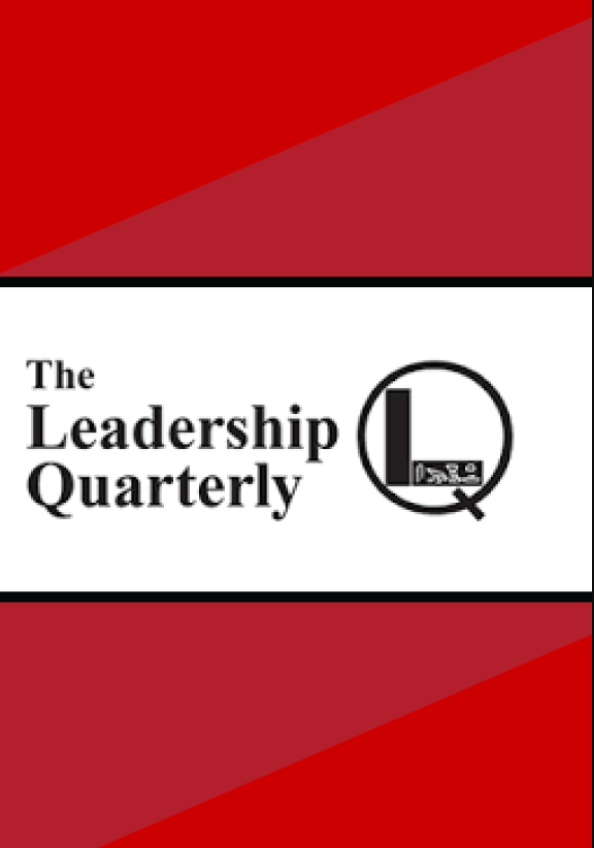
“See You in Court”: How CEO Narcissism Increases Firms’ Vulnerability to Lawsuits
(The Leadership Quarterly, June 2018)

Culture Change at Genentech: Accelerating Strategic and Financial Accomplishments
(California Management Review, February 2014)

People and Organizational Culture: A Profile Comparison Approach to Assessing Person-Organization Fit
(Academy of Management Journal, September 1991)
Jennifer A. Chatman, Ph.D., dean of the UC Berkeley Haas School of Business is the foremost authority on corporate culture. A key voice in defining organizational culture, Chatman’s research provides powerful and proven tools to assess the gaps between an organization’s culture and its corporate strategy, and reveals the difference between how leaders think they’re doing versus the impact they’re actually having. Working with organizations as varied as Genentech, Goldman Sachs, Mars Inc., Sony and the U.S. Treasury, she provides actionable frameworks to both close the gaps and align culture with strategy, as well as empower leaders to leave a positive impact on an organization. She is available to discuss any or all of the following topics in programs that can be customized to meet the needs and goals of your organization with the added option of meeting virtually or in person.
- Defining and Demystifying Corporate Culture
- Aligning Your Company’s Future of Work with Culture and Strategy
- How AI Can Have a Positive Effect on Your Organizational Culture
- The Organizational Culture Profile (OCP) – Assessing Your Organizational Culture
- Closing the Gap Between Strategy and Desired Culture
- Assessing Leadership and Its Impact on Strategy, People, and Culture
- The Danger of Narcissistic Leadership
- Four Levers to Culture Change
- Leading Culture Through Crisis
"Chatman and Carroll's latest book charts the promise and pitfalls of culture, providing an invaluable roadmap for managers, leaders, and executives to drive exceptional performance. It's an indispensable guide for building enduring, high-performing teams and companies."
"Chatman and Carroll put together a coherent narrative about what corporate culture is, how to improve and change your culture, and how to deliver performance from your organization through culture. This is a must read for any business leader looking to deliver impact."
"In 'Making Organizational Culture Great,' Chatman and Carroll cut through the hype by providing accessible insights from organizational culture research; they provide leaders with pragmatic and robust practices for aligning culture and strategy. This is the book for managers interested in lifting their organization to new heights!
"This book busts some of the biggest myths about organizational culture. With rigorous evidence and vivid cases, two experts illuminate how to understand and improve systems of values, norms, and behaviors."
"At WD-40 Company, we believe that culture is the ultimate source of competitive advantage; it takes a long time to build a culture that is strong, strategically relevant, and adaptive over time, and such a culture, once built, is extremely hard to copy. This excellent book is a wonderful guide as to why culture is such a strong source of sustainable advantage, with many practical tips and highly relevant case studies. The book helps demystify company culture, which many leaders have never formally studied and which can often be perceived as quite an opaque subject. Highly recommended!"








